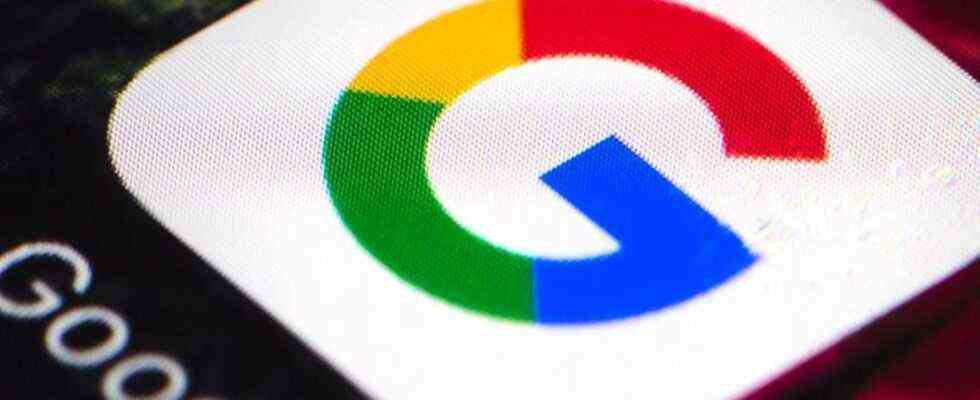Ancillary copyright law
Other German publishers confirm agreement with Google
The Google logo on a smartphone. Photo: Matt Rourke / dpa
© dpa-infocom GmbH
The dispute has dragged on for years. Publishers accuse Google of making money with their content. Now there are further constructive agreements with media houses in Germany.
Other German media companies have confirmed an agreement with Google on the basis of the new ancillary copyright law.
The Handelsblatt Media Group in Düsseldorf (“Handelsblatt”, “Wirtschaftswoche”) and the publishing house Der Tagesspiegel in Berlin (“Tagesspiegel”, “Potsdamer Latest News”) also concluded a contract with the Internet company on Friday, as did this Previously communicated to Google.
The news magazine “Der Spiegel”, the weekly newspaper “Die Zeit” and the portal Golem had already confirmed an agreement on Thursday.
«Important signal»
A number of other talks with large and small publishers are at an advanced stage, Google announced on Thursday. “For us as well as for our partners, these agreements on copyright are an important signal to strengthen successful partnerships.” Initially, nothing was known about the amount of the payments.
This year, the copyright in Germany was amended and adapted to the fact that the Internet has become more and more important for content protected by copyright. The background to this is an EU directive that has been implemented in the various countries. The large complex of copyright law also includes a new ancillary copyright for press publishers and journalists in Germany. The whole thing is to ensure that authors and media houses are financially taken into account when external Internet platforms incorporate their press content.
How short is very short?
According to the law, very short previews (“snippets”) are free of charge. But publishers such as Springer and Google have not yet been able to agree on how short “very short” has to be in order to remain free – and the law does not specify a specific scope (words, resolution of images). If there is no amicable agreement here, courts will have to clarify this at some point.
In order not to have to clarify this controversial question, the participating publishers and Google have now agreed on the presentation of more extensive content (“extended previews of news”). This leaves the question of how short the previews have to be that Google could display for free. The publishers are now getting money for this.

